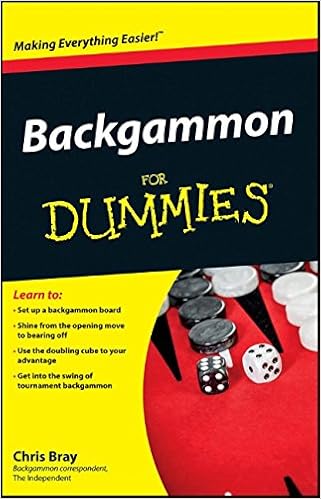

PlayStation Classic games lineup announced It's an option the company has been publicly discussing for a while, but Twitter's Brandon Borrman says that "it's not happening 'soon'". The newspaper quoted comments to this effect made by Twitter CEO Jack Dorsey at a private event, and the microblogging network's official Comms account vaguely confirmed that the company is in the "early stages" of "rethinking everything about the service to ensure we are incentivizing healthy conversation, that includes the like button". Twitter has been in a mild uproar since a Telegraph report suggested that the social network plans to imminently remove its 'like' button in order to encourage debate on its platform ( Vox). Reports: Twitter could remove the 'like' button They also shift the origins of cocoa use and domestication from Honduras to the upper Amazon, where the wild cocoa plant is thought to have originated. Found on pots from ancient Ecuador, the chocolate traces antedate the previous oldest evidence by over 2,000 years and similarly appear to have been used to make drinks. Chocolate was first made 5,300 years agoĪrchaeologists have discovered new evidence that dates the oldest use of the cocoa plant to 5,300 years ago: around 3,300 BCE ( Science). The deadline for applications is January 22, 2019. Although Google has recently faced intense internal and external criticism prompting it to withdraw from the development of AI systems for the US military, the company says this latest project is "not really a reaction" to the controversy. As examples of what it's looking for, Google cites projects that apply AI to satellite imagery to map global fishing activity and detect deforestation in the Amazon. Google has set up a $25 million grant fund for researchers working on the application of artificial intelligence to "social good" ( Gizmodo). Google launches $25 million AI for Social Good fund The news comes amid increasing reports of a planned Trump government ban on all Chinese imports, including tech. This supposedly could, in turn, drive the original manufacturers – which include US military suppliers – out of business, threatening the stability of the US armed forces' supply chain. The rather convoluted reasoning behind this is that the US says Fujian Jinhua, which has previously been implicated in intellectual property theft, could flood the global market with cheap clones of US-made hardware.
TROVE IMPORTED CONSOLE VANISH FROM CHINESE SOFTWARE
The US government has banned Chinese government-backed chipmaker Fujian Jinhua from buying key components, software or technology goods from US firms, describing the company as at "a significant risk of becoming involved in activities that are contrary to the national security interests of the United States" ( Reuters). Sign up here US brands Chinese chipmaker Fujian Jinhua a security threat

Get WIRED's daily briefing in your inbox. Unbranded microchip on PCB Aukid Phumsirichat / EyeEm / Getty Images


 0 kommentar(er)
0 kommentar(er)
